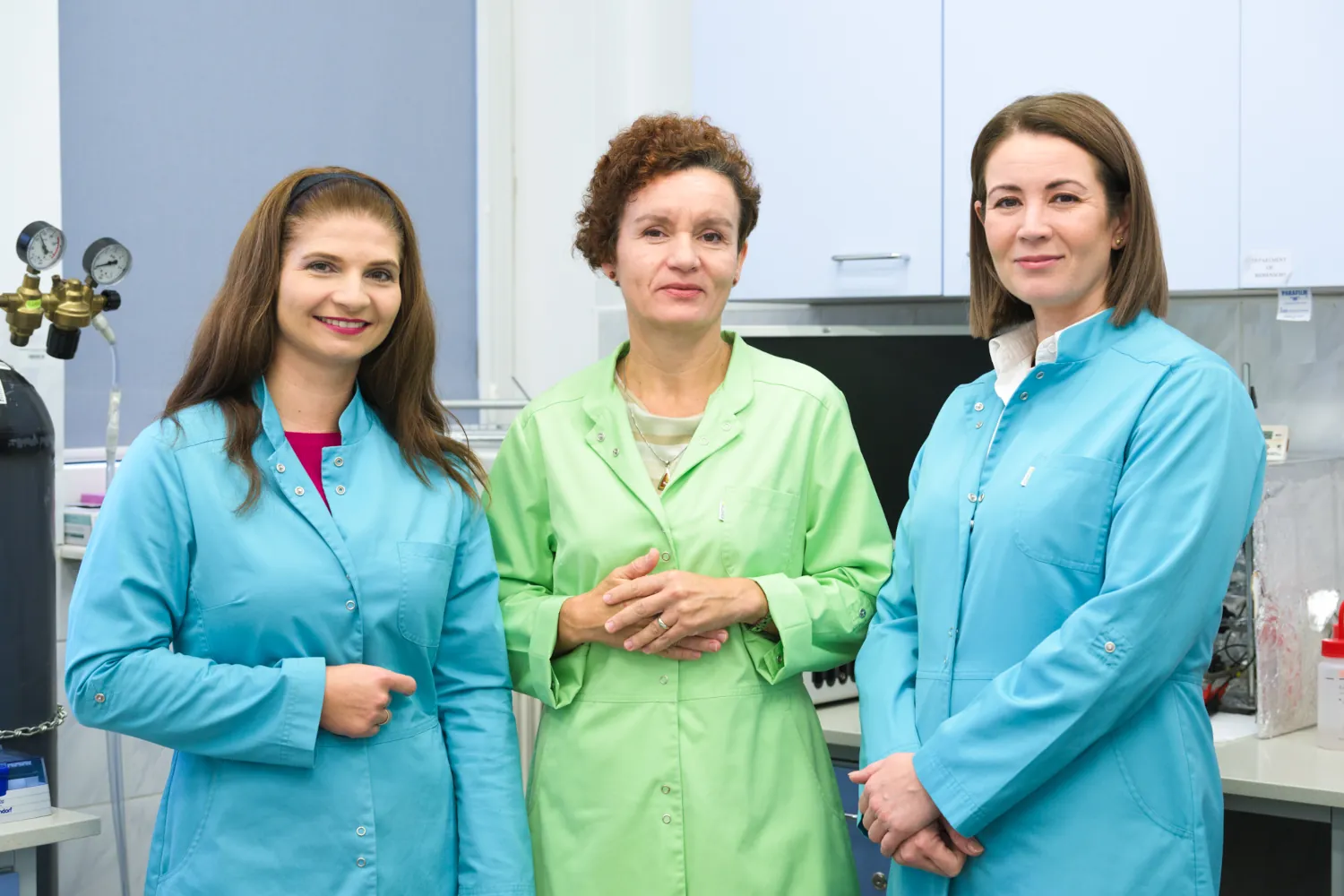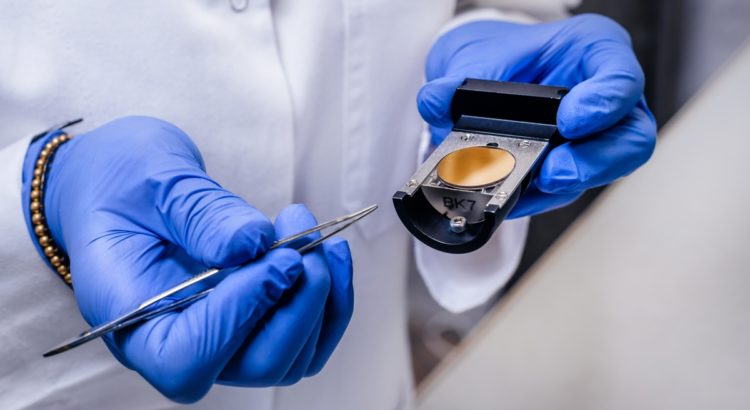The Virtual Research Institute has settled its third nationwide competition for research funding in the field of medical biotechnology. Two winning research projects have been selected to receive funding of around PLN 119 million. The Institute of Animal Reproduction and Food Research of the Polish Academy of Sciences is a partner in one of the two winning consortia. Our scientists will work on a new technology for early diagnosis of cardiovascular complications accompanying oncological therapies.
The project entitled. ‘Personalised vascular endothelial diagnostics in oncology therapy; towards modern vasculo-oncology’ has received funding of almost PLN 79 million.
It is being implemented by a consortium consisting of a team of researchers representing: Jagiellonian University, the Ludwik Hirszfeld Institute of Immunology and Experimental Therapy of the Polish Academy of Sciences (PAS) in Wrocław, the Institute of Animal Reproduction and Food Research of the Polish Academy of Sciences (PAS) in Olsztyn, the Medical University of Gdańsk, the Maria Skłodowska-Curie National Institute of Oncology – National Research Institute in Gliwice, and the Warsaw University of Technology. The team’s leader is Professor Stefan Chłopicki of the Jagiellonian University.
As the researchers point out, changes observed in the vascular endothelium (i.e. the highly specialised lining of blood and lymphatic vessels) precede pathological changes in the cardiovascular system. Therefore, their diagnosis can detect early cardiovascular disorders resulting from complications of cancer therapies.
The aim of the research team is therefore to develop new electrochemical aptamer technology, using aptamers and other original methodological solutions. Aptamers are advanced receptors; the team of Dr Iwona Grabowska from the Department of Bioelectroanalytics of our Institute specialises in their application.

These are DNA or RNA sequences that have been engineered in laboratories to bind only one specific molecule – in this case, compounds indicative of vascular endothelial damage. – Aptamers have only recently been used in science, which is why there is still so much to learn. However, they are highly selective and it is already known that they have great potential for wide application – emphasises Iwona Grabowska.
The new technology will use new synthesised and optimised aptamers and an electrochemical detection platform. – The electrochemical method is characterised by high sensitivity, allowing us to detect even single molecules – the scientist points out.
The researchers argue that the new technology developed as part of the project will not only pave the way for modern vasculo-oncology (relating to blood vessels), but will also open up completely new directions for the development of diagnostics accompanying many other diseases associated with endothelial dysfunction.
—
The Virtual Research Institute (Polish: Wirtualny Instytut Badawczy – WIB) is an innovative research funding programme with high commercialisation potential in one of society’s key areas – medical biotechnology.
The Managing Entity of the WIB programme, which is responsible for organising and conducting competitions, is the Łukasiewicz Research Network – PORT Polski Ośrodek Rozwoju Technologii from Wrocław.
